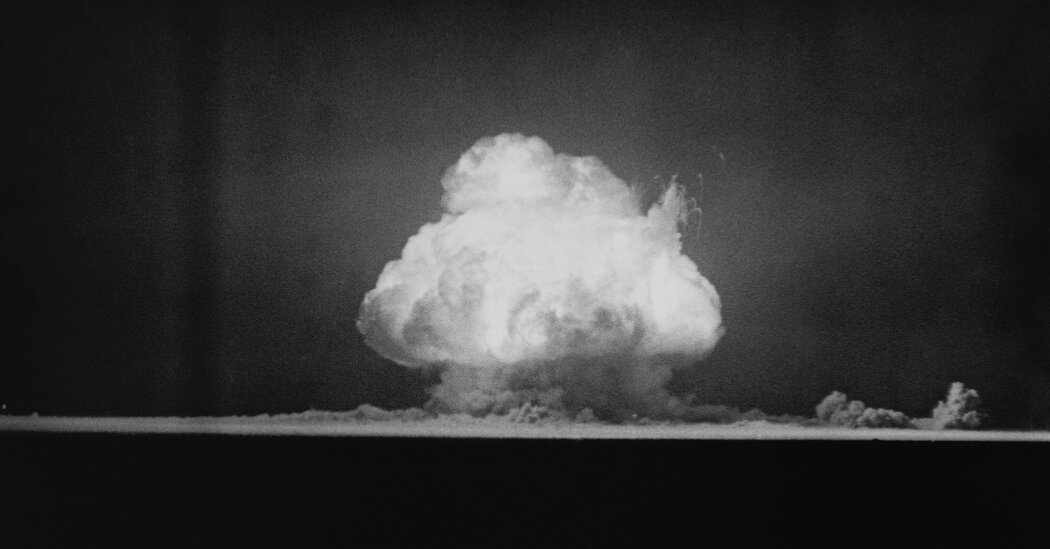
More than two decades ago, Congress declared that victims of government-caused nuclear contamination who developed cancer and other serious illnesses — including uranium miners and those exposed to radiation from Manhattan Project-era atomic tests — should receive federal compensation.
“The health of the individuals who were unwitting participants in these tests was put at risk to serve the national security interests of the United States,” read the law enacted in 1990. “The United States should recognize and assume responsibility for the harm done to these individuals.”
Now that statute, known as the Radiation Exposure Compensation Act, is in peril, set to expire in June without a clear path for renewal. And an effort to broaden it substantially beyond Cold War-era victims, to others who have been harmed by the aftereffects in the decades since, has run into a brick wall on Capitol Hill.
The Senate voted overwhelmingly in July to attach legislation renewing and expanding the program to the annual defense policy bill. But in the final version negotiated behind doors by congressional leaders, that measure, sponsored by Senators Josh Hawley, Republican of Missouri, and Ben Ray Luján, Democrat of New Mexico, was dropped.
Republicans objected to its hefty price tag, which congressional scorekeepers estimated could top $100 billion.
In an angry floor speech on Thursday, Mr. Hawley said the move amounted to Congress “rescinding” the apology it had made to victims decades ago.


